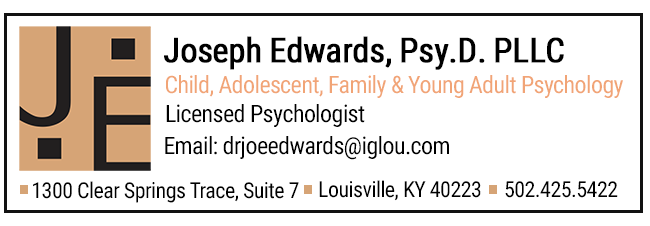Truly they both matter. Both set apart child psychologists, because they directly impact on the quality of care and support, they provide.
Here’s why:
- Accurate Diagnosis: Experienced psychologists can better identify and differentiate between various mental health conditions in children, ensuring appropriate treatment.
- Effective Treatment Plans: Expertise allows a psychologist to tailor interventions, such as cognitive behavioral therapy (CBT), to suit a child’s specific needs.
- Building Trust: Children often struggle to express their emotions. A seasoned psychologist knows how to create a safe and comfortable environment for them.
- Holistic Approach: Experienced professionals collaborate with parents, teachers, and medical experts to develop comprehensive treatment strategies.
- Resilience & Adaptability: Working with children requires patience and flexibility. An expert psychologist can adjust treatment plans based on a child’s progress.
Child psychology expertise differ from other types of psychology in several keyways:
- Developmental Focus: Child psychologists specialize in understanding cognitive, emotional, and social development from infancy through adolescence. This contrasts with adult psychologists, who focus on issues like career stress, relationships, and mental health disorders in fully developed minds.
- Communication Methods: Since children may struggle to articulate their emotions, child psychologists often use play therapy, expressive therapy, and behavioral interventions to engage them.
- Unique Challenges: Child psychologists address issues like developmental delays, learning disabilities, and early trauma, which require specialized training and approaches.
- Diagnostic Differences: Mental health conditions manifest differently in children than in adults, requiring child psychologists to use distinct assessment tools and treatment strategies.
When choosing a child psychologist, what are key qualifications to consider?
- Education: A PhD or PsyD in Clinical Child Psychology, which I have from Spalding University. Also, I have had the opportunity to work with and receive expertise from some of best child psychologists in the field.
- Experience: Prior work with children and adolescents in a clinical setting ensures practical expertise. My experience I have accumulated over the past 30 years, from a variety of settings, working in community mental health, at a child guidance clinic, working in the area of therapeutic foster care, working children during the their hospitalization, in day treatment and in outpatient.
- Licensing: A child psychologist should be licensed to practice in your state (I am licensed both in Kentucky, Indiana and have an “e-passport”/telehealth competency to see patients in 42 states) which required passing exams and completing supervised training.
- Specialized Training: Look for expertise in areas like developmental psychology, specialized skills, or work with children who have behavioral disorders. Over the years, I have worked closely and collaboratively with many other professionals including: reading interventionists, occupational therapists, speech and language therapists, art and expressive therapists, pediatricians and child psychiatrists, etc.
- Strong Communication Skills: A good psychologist should be able to connect with children and explain concepts in an appropriate age way. They should be able to convey trust and respect and assure that they will work with mutual trust, respect and in a collaborative manner. Should a misunderstanding occur, it is important to openly discuss the issue. It is an opportunity to clarify any unclear expectations, to ensure child and therapist are aligned on treatment goals and approaches.
Collaborative Approach: A psychologist should work well with parents, teachers, and other professionals to support the child holistically.
